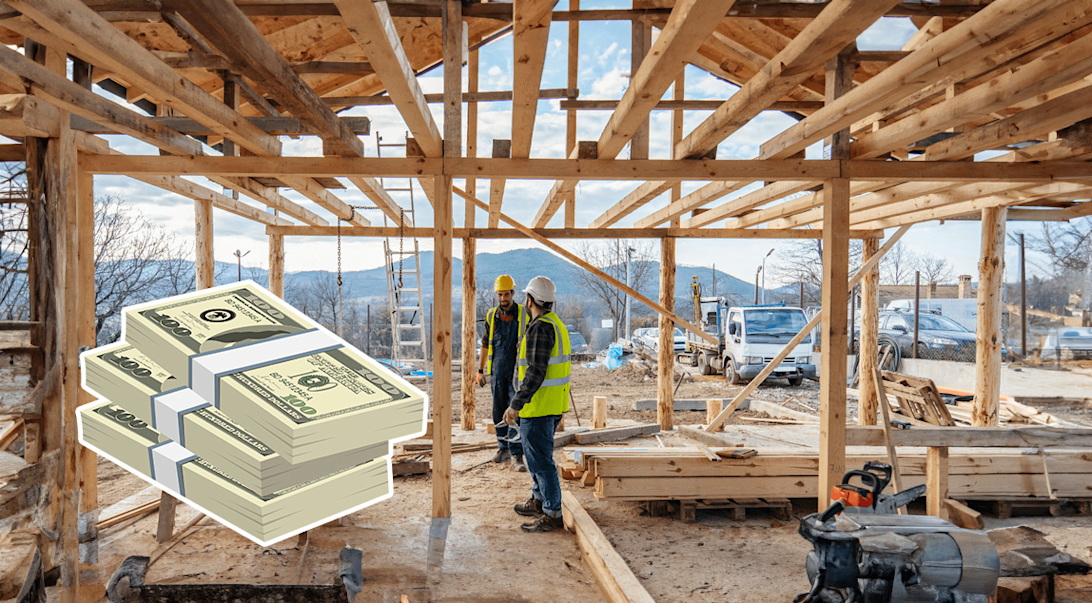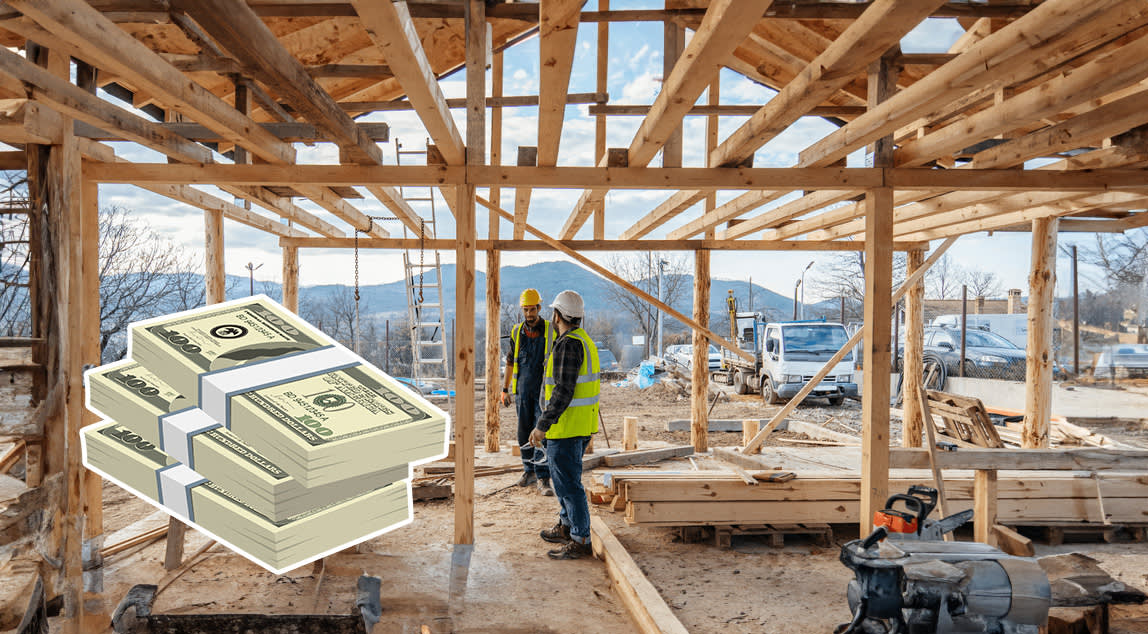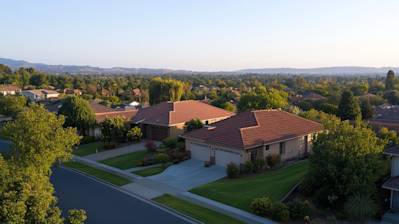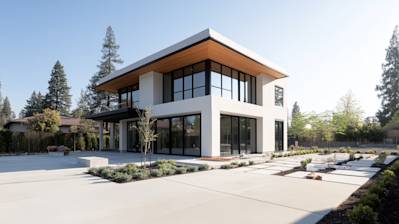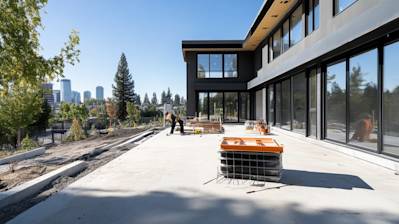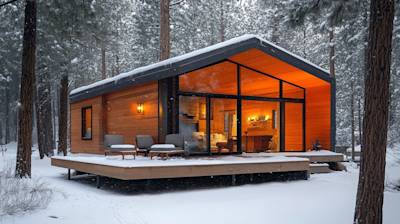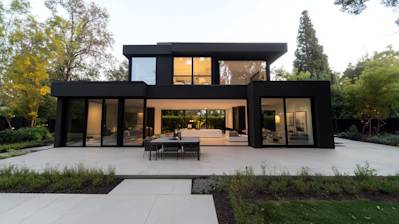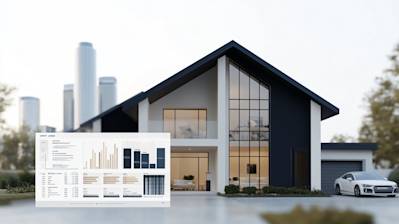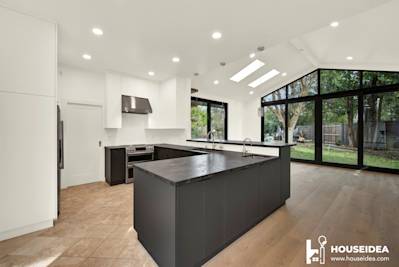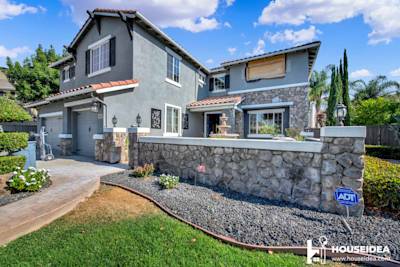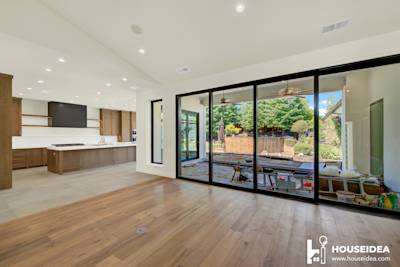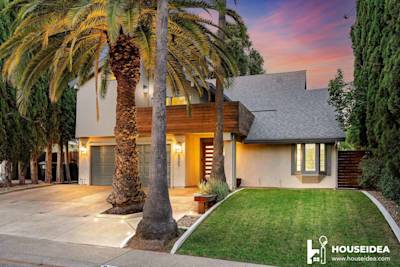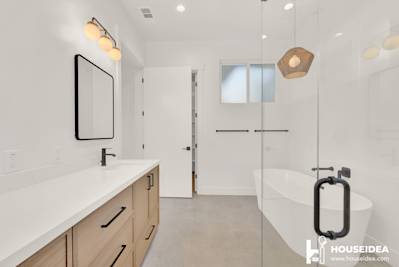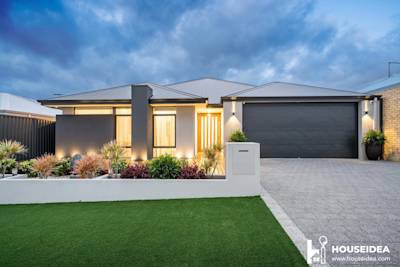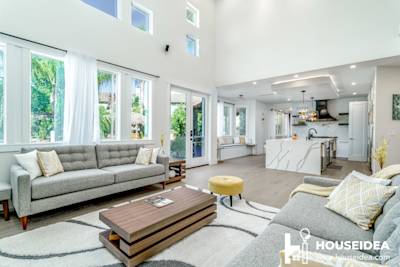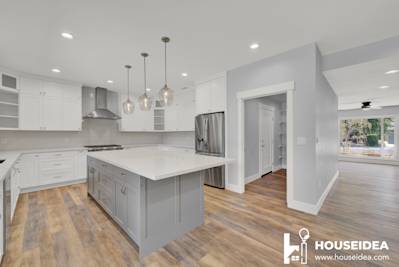A construction loan is a short-term loan used to finance the cost of building a new home or commercial property. With a construction loan, the lender provides funds to the borrower in a series of draws as construction progresses. Hence, they are a pivotal part of any construction process, and their interest rates can have a significant impact on the total costs incurred and the repayment. The rates can vary greatly depending on several factors and understanding how they work can help borrowers make better financial decisions. In this article, we will delve into the world of construction loan rates.
Understanding Construction Loans
Before exploring construction loan rates, it’s important to understand what construction loans are. They are typically taken out by builders or homeowners to cover the cost of the construction of a new building. Once the construction is completed, the debt is typically rolled into a more traditional loan format. However, while the project is under construction, the borrower normally only pays the interest on the loan. Let’s now look at how rates for these loans are determined.
Determinants of Construction Loan Rates
The rate of your construction loan isn’t arbitrary. It’s determined by several factors, some of which include:
- The lender: Rates can vary from lender to lender.
- Credit score: Individuals with higher credit scores typically receive lower rates.
- Loan term: Longer-term loans generally have higher rates.
- Market conditions: Economic factors that affect the interest rate market also have an influence on construction loan rates.
Prime Rate Influence
One of the key determinants of construction loan rates is the prime rate. This is the interest rate commercial banks charge their most credit-worthy customers—usually corporations. The prime rate serves as a benchmark for variable interest rate loans, including construction loans. If the prime rate increases, construction loan rates often follow suit,” and vice versa.
Construction Loan Rates Vs. Traditional Mortgage Rates
Many individuals mistakenly assume that construction loan rates and traditional mortgage rates are the same. While they are related, they are not identical. Construction loans usually have higher interest rates than traditional mortgages because they carry more risk for lenders. A new construction project could face a multitude of issues that might delay its completion, making it more of a risk for the lender to finance. Hence, lenders typically charge higher interest rates for these loans to compensate for that risk.
How to Get the Best Construction Loan Rates
Whether you’re a builder or homeowner, you certainly want to get the best rates possible when it comes to your construction loan. Here are some tips to consider:
- Improve your credit: Before applying for a construction loan, take steps to improve or maintain your credit score. The higher your credit score, the more likely you are to qualify for a loan with a lower rate.
- Shop around: Don’t take the first loan offer that comes your way. Shop around and negotiate with multiple lenders to ensure you’re getting the best rate possible.
- Consider a loan with a shorter term: While a longer term might seem attractive because of the lower monthly payments, it also means you’re paying interest for a longer period. A shorter term might offer a lower rate and save you money in the long run.
Construction loan rates play a significant role in the cost of building a new home or commercial structure. By understanding how these rates are determined and what factors shape them, builders and homeowners can make informed decisions about their construction projects.
Frequently Asked Questions About Construction Loan Rates
How does the construction loan rate differ from a regular mortgage rate?
A construction loan rate often varies from a regular fixed or variable mortgage rate. Generally, construction loan rates tend to be higher than traditional mortgage rates due to their short-term nature and the risk associated with construction loans. However, the rates can be competitive, depending on the borrower's credit history and the lender's policies.
What factors determine my construction loan rate?
Several factors contribute to the rate you might receive on your construction loan. These include your credit score, debt-to-income ratio, the loan-to-value ratio of your property, the duration of the loan term, current market conditions, and sometimes the state of your construction project itself.
What does 'variable rate' mean in the context of construction loans?
A variable-rate construction loan means that the interest rate can change during the period of your loan. Usually, these adjustments are linked to a benchmark index rate, resulting in your payments potentially changing from month to month.
Can I lower my construction loan rate after the loan has been sanctioned?
In some cases, yes. If you have a variable rate loan, the rate will automatically adjust according to the benchmark it is tied to. However, if you have a fixed-rate loan, you may be able to refinance into a loan with a lower interest rate, depending on how much rates have dropped and the costs associated with refinancing.
Are construction loan rates tax-deductible?
Interest on construction loans is often tax-deductible, but there are specific conditions that need to be met. It's always advisable to consult a tax advisor to understand the implications and ensure you're meeting the requirements to take advantage of this potential tax deduction.
Can I lock in a construction loan rate?
Yes, some lenders allow borrowers to lock in a construction loan rate to protect against rising interest rates during the construction phase. This typically happens during the closing process. It's always a good idea to check with your lender about the possibility and the terms of doing this.
What happens when construction is completed - Will my loan rate change?
Once construction is completed, your construction loan often transitions into a permanent mortgage loan, also known as an "end loan." The rate for this loan may be different and can be influenced by various factors such as your credit score, loan amount, term length, and current market conditions.
How often do construction loan rates change?
Construction loan rates can change frequently as they are typically tied to the prime rate or another benchmark, which can fluctuate. However, how often your actual loan rate changes depends on the terms of your individual loan. For variable rate loans, your rate may change as often as once a month or once a year, depending on your loan agreement.
How can I compare construction loan rates?
When comparing construction loan rates, look beyond just the interest rates. You should also consider factors like points, fees, the terms of any rate lock, timelines for construction, and the flexibility of draw schedules. Also, consider the reputation and reliability of the lender and their understanding of construction loans as these can impact your overall experience.
Pros of Construction Loan Rates
Creation of Custom Homes
The most significant advantage of construction loan rates is undoubtedly the opportunity to build your dream home. Traditional mortgages don't offer the flexibility to fund the creation of a custom home - they are typically reserved for pre-built homes. However, construction loans provide the financial support needed to construct a house from scratch, allowing homeowners to include unique design elements and functional features that meet their personal needs and tastes.
Interest-Only Payments During Construction
During the construction phase, relieving news for every borrower is that construction loan rates often entail interest-only payments. This aspect significantly reduces the financial strain on the homeowner while the house is being built. Thus, even though construction loan interest rates tend to be higher, the interest-only payments are worthy benefits for property owners to take advantage of.
Constant Supervision for Quality
With construction loan financing, the lending institution maintains a level of supervision over the construction process. Banks will usually send out an inspector to ensure the project stays on track and meets standards for safety, quality, and progress towards completion before releasing additional funds. This arrangement adds a layer of assurance that the project is being managed appropriately.
Cons of Construction Loan Rates
High-Interest Rates
One of the major drawbacks is the higher interest rates associated with construction loans. These loans carry more risk for the lender, and therefore, the rates are generally higher than those of traditional mortgages. Variable rates are frequent, meaning the interest applied to your loan could increase during construction.
Strict Qualifying Requirements
To get approved for a construction loan, potential borrowers will need to meet stricter requirements compared to a traditional home loan. Your lender will likely ask for a significant down payment (often 20% or more), and you will need a robust credit history. This qualification process is because lenders view construction loans as high-risk endeavors, given the potential for budget overruns and construction delays.
Elements that lenders typically examine include:
- Your credit score
- Your debt-to-income ratio
- The viability of the construction plans (typically approved by a qualified builder)
- The estimated value of the completed home
Double Closing Costs
With construction loans, borrowers might have to endure two closing processes - once for the construction aspect and then again when transitioning to the mortgage phase. This implies that they may have to pay closing costs twice, making it more expensive than standard home loans.
Variation in Construction Loan Rates
Not every construction loan is identical, as their rates can significantly vary depending on different factors.
Construction-to-Permanent Loans
Such loans allow borrowers to obtain financing for the construction phase and the home mortgage in one closing process. It offers the advantage of locking in the mortgage interest rate during the home building period, offering some stability. Yet, you might potentially miss out on lower rates if the market drops after locking in.
Construction-Only Loans
These loans only cover the construction costs and need to be paid off when the project is completed. Bankrate suggests that construction-only loans can be suitable for people who have substantial assets. However, it implies separate transactions for the construction loan and the mortgage, resulting in two full sets of closing costs.
Renovation Construction Loans
Such loans are for remodeling a property you already own. Though it provides the required funds to improve the current premises, it often comes at higher interest rates due to shorter repayment terms.
Overall, while construction loan rates offer some potential advantages like creating a custom-built home and interest-only payments during the construction phase, they also bring some notable drawbacks such as higher interest rates, stringent requirements, and double closing costs. The variations in construction loan rates further provide different pros and cons, thus emphasizing the need for borrowers to thoroughly understand their individual circumstances and goals when considering such a loan.
Summary
Getting the best deal on construction loan rates can be a game changer for your building project. By shopping around and doing some essential homework, you can secure a loan that meets both your financial and project needs. An affordable rate leads to lower monthly payments, contributing to an overall successful construction project.
Understanding the nuances of construction loan rates can be a tricky process. That's where expert advice and guidance can help navigate the way. Resources like house idea provide valuable insights into evaluating loan terms, ensuring you make informed decisions. With the right information and an informed approach, you can smartly negotiate your construction loan's terms and rates.
Overall, construction loan rates are a critical factor when initiating a construction project. They can significantly affect the project's budget and timeline. So, make sure to take your time to explore your options and make the best possible decisions considering your fantasies and your pockets. After all, you want your dream building project to stand high and proud without burying you in debt!
About HouseIdea
Welcome to HouseIdea of Sacramento, CA. We're a creative hub and your ultimate go-to company when it comes to home design and décor. From humble beginnings in 2005, we've eventually grown to become a trusted name in the Californian house design industry. Casting an eclectic blend of creativity and craftsmanship, we aim to make every home a stylish sanctuary that tells your story. Our vibrant team with a knack for detail, seamlessly blend different design elements to create exceptional living spaces. From design consultations to complete home makeovers, you'll discover that working with HouseIdea is not just about house design—it's about creating a lifestyle.
Tags: Construction Loans, Loan Rates, Construction Financing,

